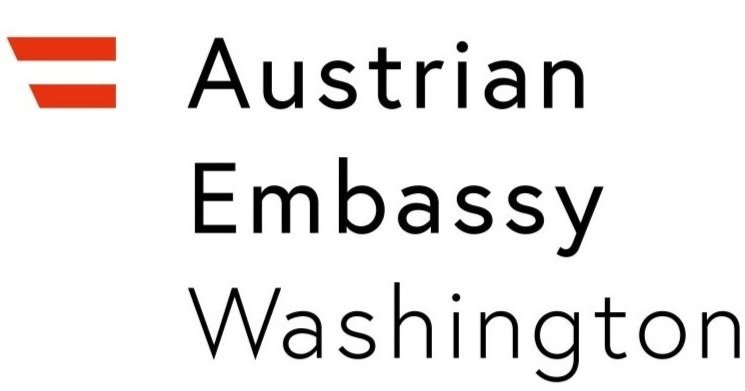Human Rights
Human Rights and the OSCE
The promotion of human rights, democracy and the rule of law are the core objectives of the Human Dimension pillar in the framework of the OSCE, forming the largest Paneuropean forum with its 57 participating States. The Human Dimension is, together with the Politico-Military dimension and the Economic and Environmental dimension, one of the three pillars of the OSCE security concept..
These security dimensions were established initially in the Helsinki Final Act of 1 August 1975, the founding document of the OSCE, as it was to become. It particularly emphasises respect for and protection of human rights as a precondition for security and stability. Since then the CSCE – today OSCE – participating states have adopted a comprehensive catalogue of commitments in the field of human rights, democracy, rule of law, protection of minorities and tolerance. These human dimension commitments are politically if not legally binding. Thus, every OSCE participating State has the right to raise questions about observance of human rights commitments by other participating States. The Final Document of the OSCE Summit in Istanbul (1999) states: “Participating States are accountable to their citizens and responsible to each other for their implementation of their OSCE commitments. We regard these commitments as our common achievement and therefore consider them to be matters of immediate and legitimate concern to all participating States.”
The Office for Democratic Institutions and Human Rights (ODIHR) has its seat in Warsaw and deals with the practical implementation of the objectives of the Human Dimension. It carries out in particular election monitoring missions with the regular participation of Austrian observers as well as numerous projects to foster human rights protection and democracy in the participating States. Thematicly ODIHR focuses on combating trafficking in human beings, anti-discrimination, promoting the rights of Roma and Sinti, gender mainstreaming and human rights education.
Apart from the ODIHR, the High Commissioner for National Minorities, the Representative on Freedom of the Media and the Special Representative on Combating Trafficking in Human Beings also promote human rights. Austria is particularly committed to combating human trafficking, which is shown, among other things, in the National Action Plan against Human Trafficking, supervised by the Austrian Federal Ministry for European and International Affairs.
Once a year, a ten-day OSCE Human Dimension Implementation Meeting is held, usually in Warsaw, to review the implementation of commitments by all participating States in the fields of human rights, democracy and the rule of law. Representatives of government, civil society and international organisations take part. Apart from this major conference, Supplementary Human Dimension Meetings take place three times a year, along with seminars on the Human Dimension organised by the ODIHR, which deal with topical themes of particular interest.
